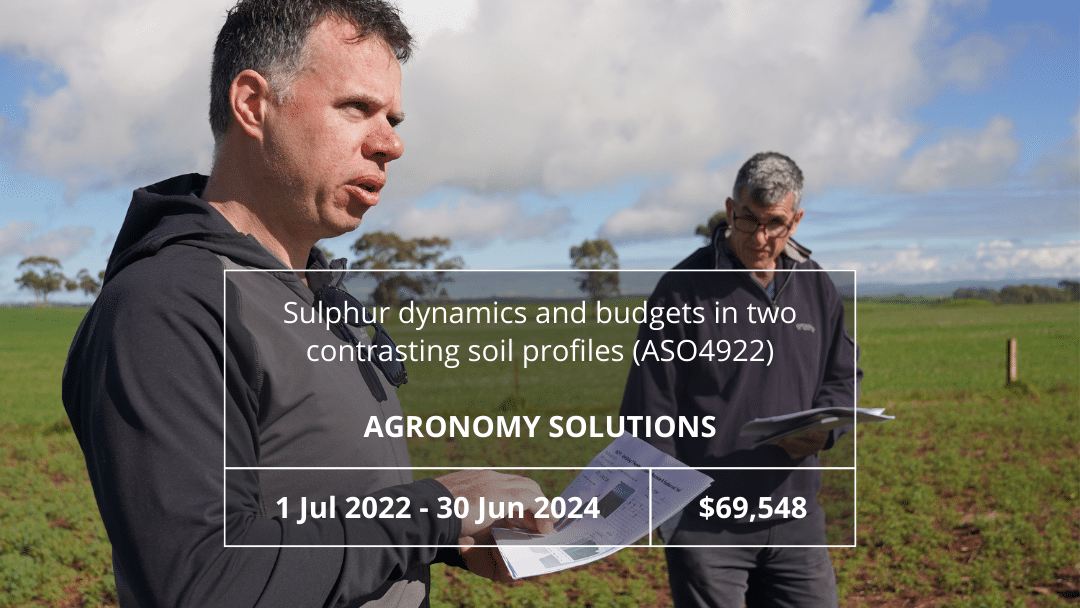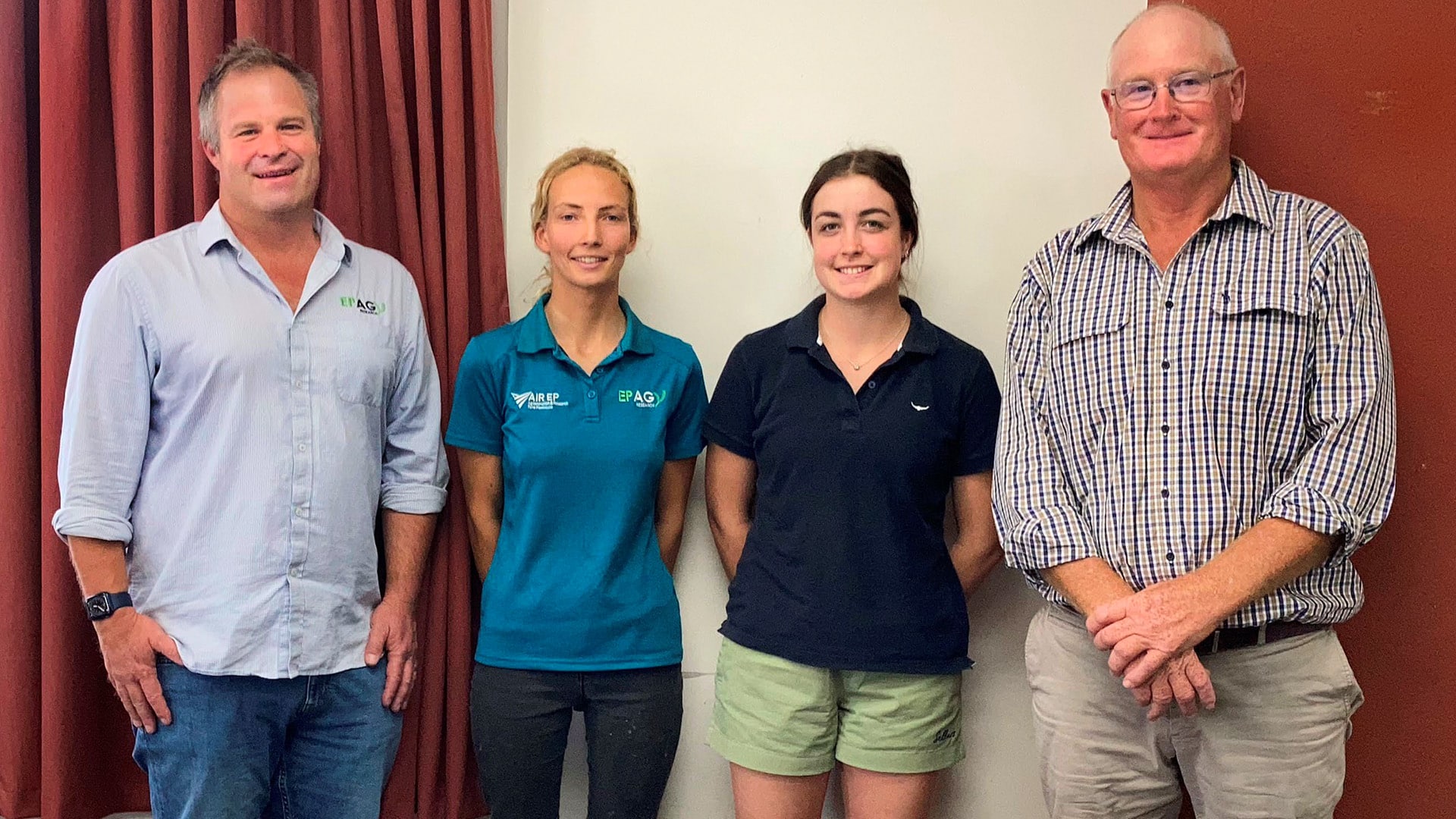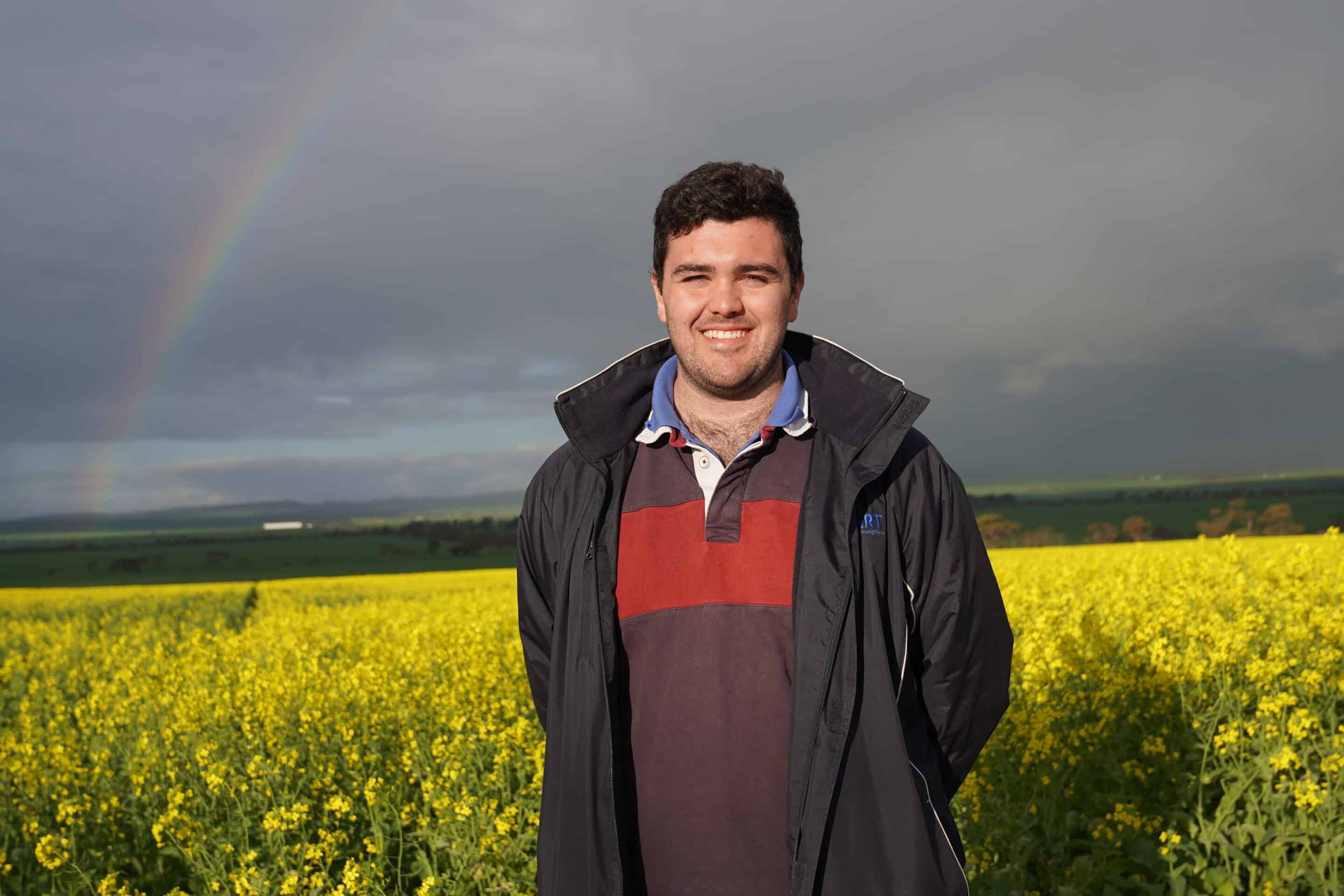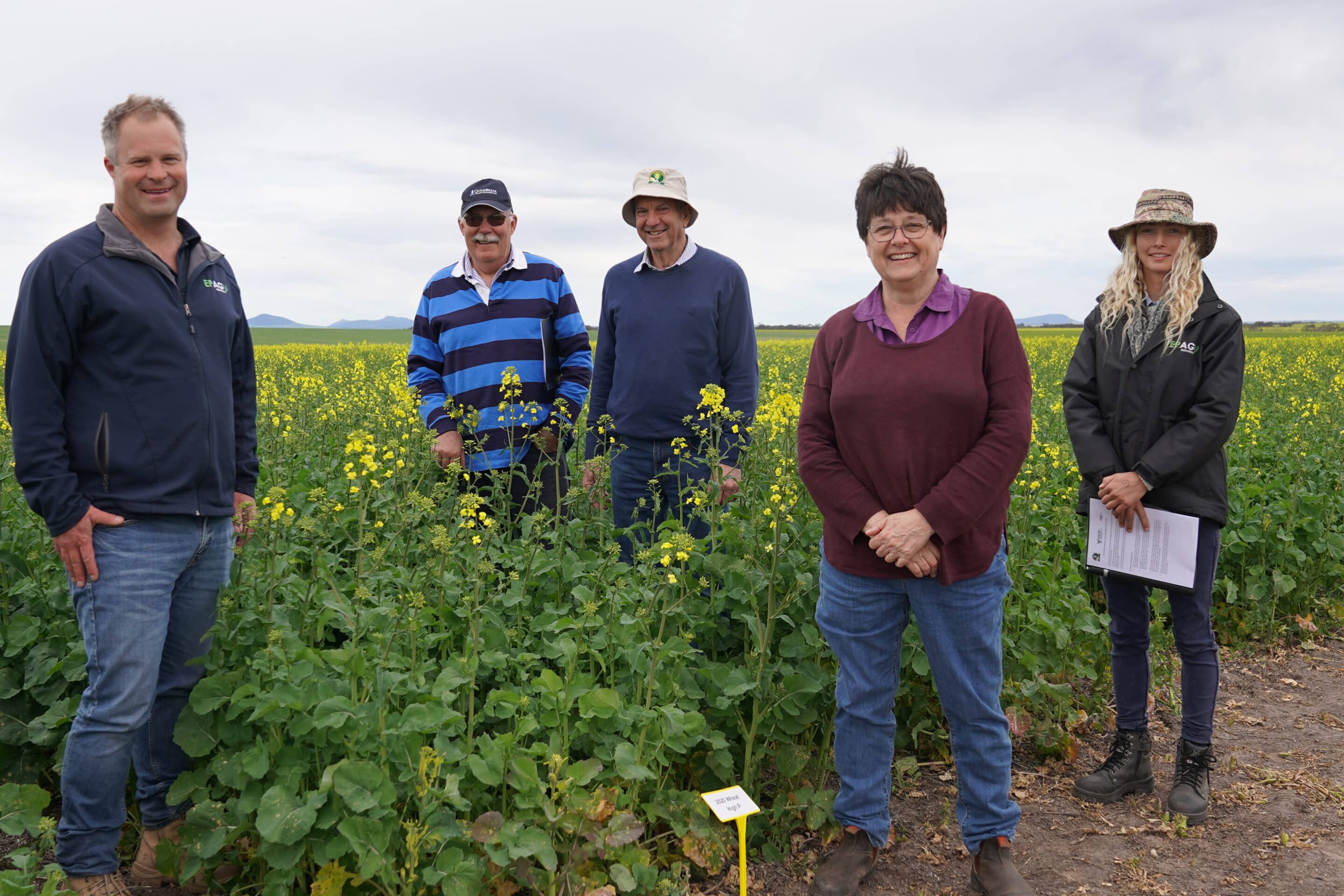START
FINISH

Summary
This demonstration project aims to provide valuable information on immediate and longer-term sulphur management options applicable to a wide range of growing regions. The project aims are to be achieved by comparing different forms of sulphur fertilisers for mobility and availability within soil profiles with detailed profile sampling; and assessing the impact of two different crop types in sulphur accessibility due to varying rooting depths.
Project Participants
Sean Mason, Agronomy Solutions
The research
This demonstration project aims to provide valuable information on immediate and longer-term sulphur management options applicable to a wide range of growing regions. The project aims are to be achieved by comparing different forms of sulphur fertilisers for mobility and availability within soil profiles with detailed profile sampling; and assessing the impact of two different crop types in sulphur accessibility due to varying rooting depths.
Funding
$69,548
More information
Sean Mason
T: 0422 066 635
E: [email protected]



